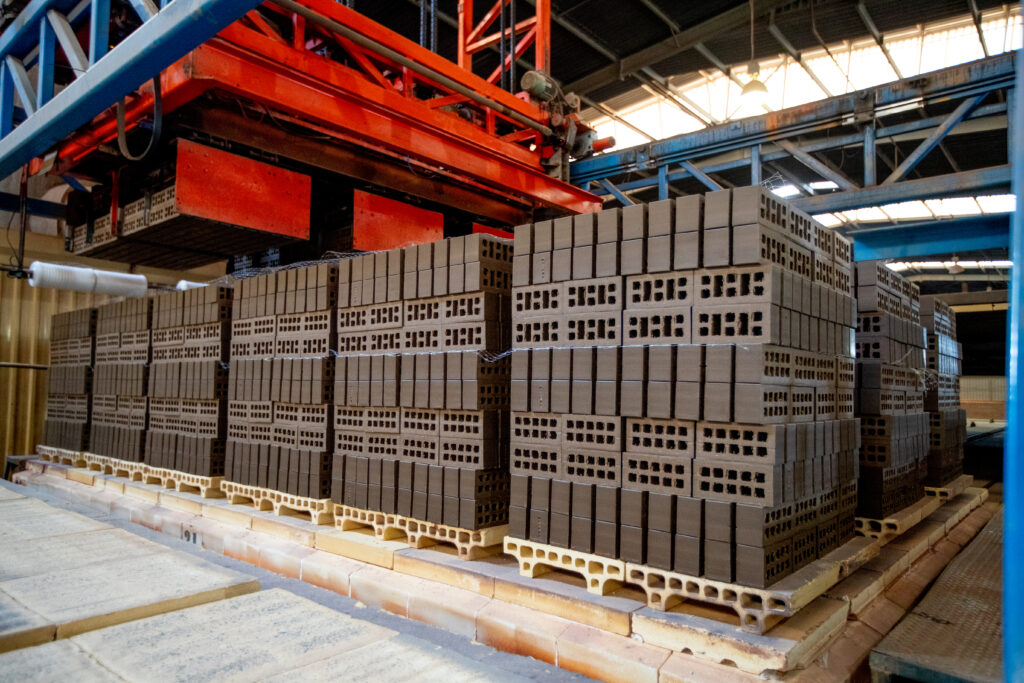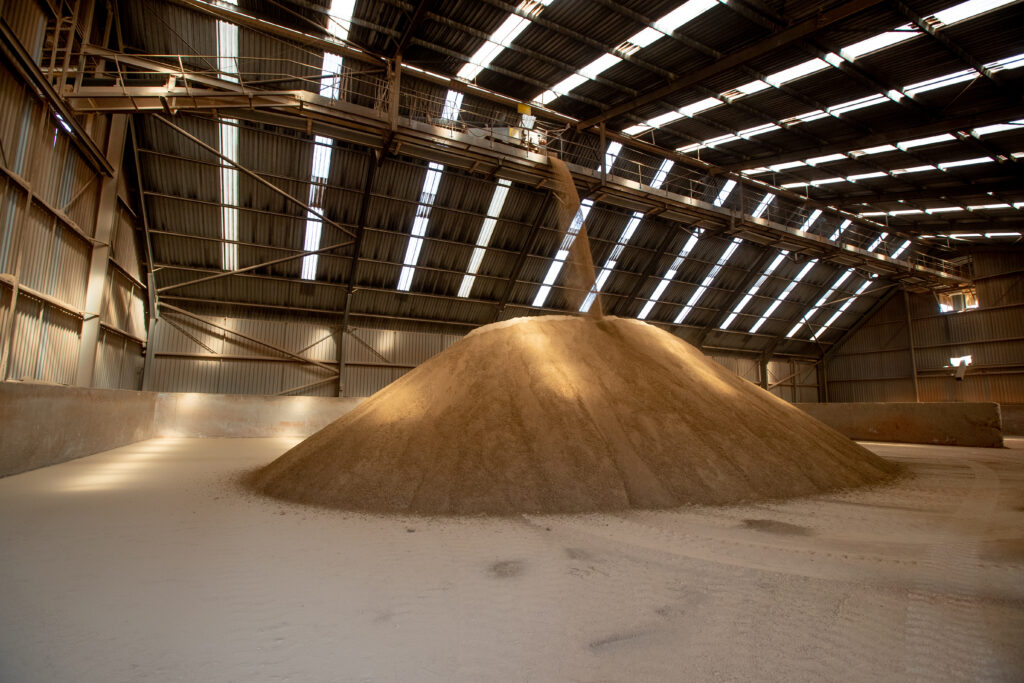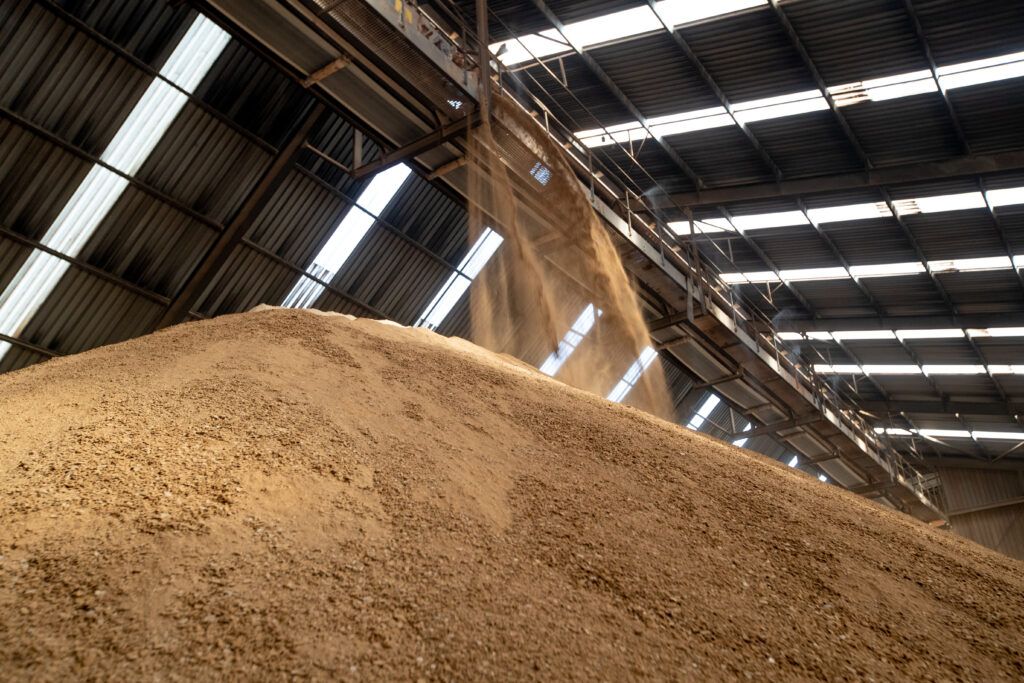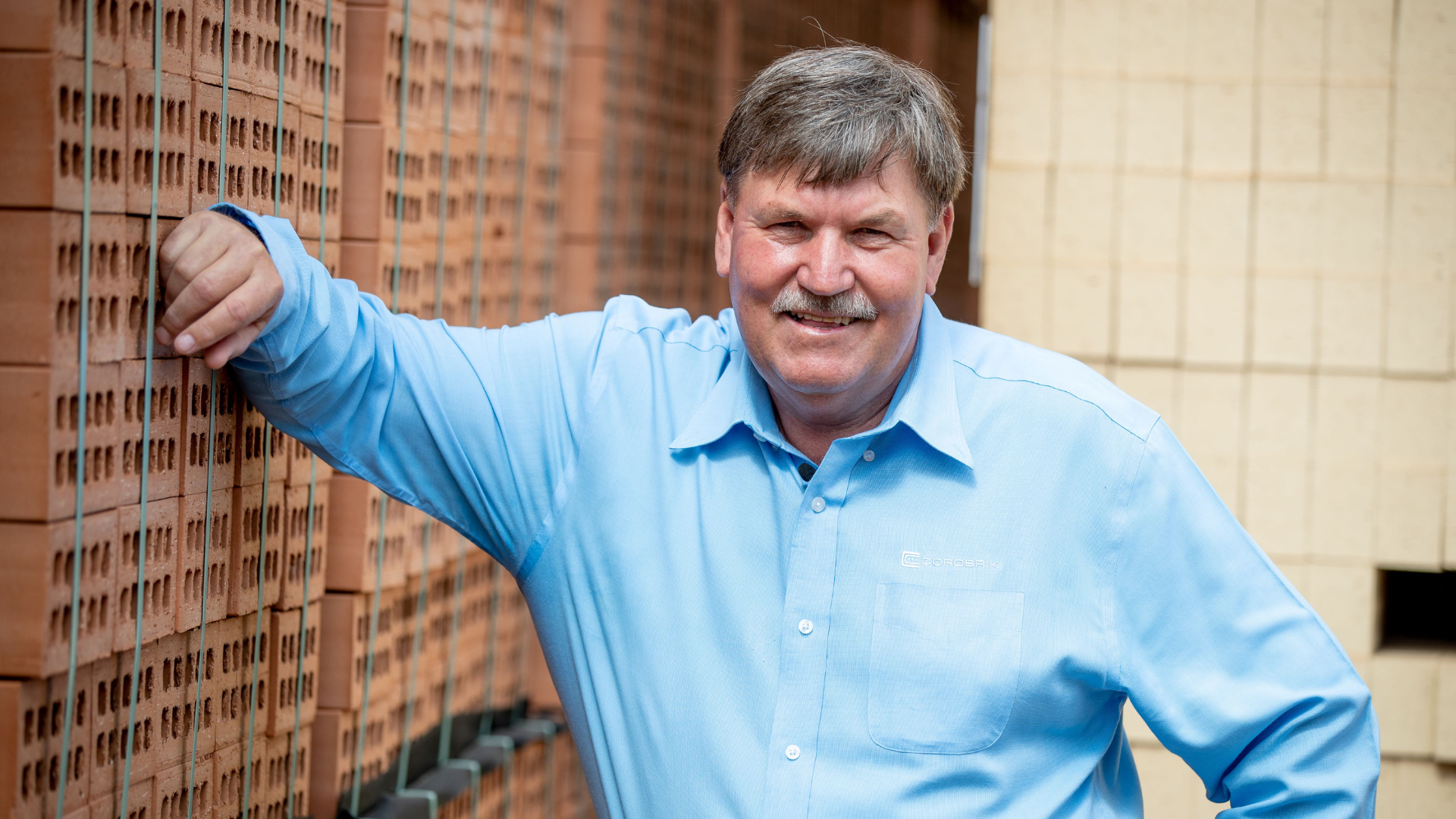All quarrying and manufacturing operations operated by leading brickmaker Corobrik comply with an approved Environmental Management Plan (EMP) that provides for the rehabilitation and reuse of quarries and factory sites. “The long-term future plan is for these to be transformed into nature reserves around pollution free dams, recreational areas, farm land or land for commercial and residential development,” explains Corobrik CEO Nick Booth.
“Our key operational objectives are more effective use of energy, greater use of cleaner burning fuels and reducing our total carbon footprint,” comments Booth. Corobrik has two registered Clean Development Mechanism (CDM) projects with the United Nations Framework Convention on Climate Change (UNFCCC). At present, six factories are fired on natural gas.
Of concern is a predicted shortage of industrial gas by 2026. Most of the gas consumed by local industry is supplied by the ROMPCO pipeline from Mozambique to Secunda. With the Pande and Temane gasfields nearly nearing the end of their lifespans, local distributor Sasol has warned major industrial consumers of the pending gas shortage.
“We are well positioned to continue with business as usual in the face of this contingency,” highlights Booth. This is because the carbonaceous shale from Corobrik’s Rietvlei clay-mining operation will allow it to reduce its gas consumption in the long run. Booth explains that carbonaceous shale contains a significant quantity of organic material, such as plant matter or carbon compounds, giving it its characteristic dark colour. The organic content also offers unique properties when it comes to firing Rietvlei’s tunnel kilns.
Corobrik has operated an open-cast clay mine adjacent to the Rietvlei Nature Reserve in Gauteng since 1983. It has an existing Mining Right and mines clay and shale from three separate quarries within the Rietvlei Mining Right. “The current issue we are faced with is that the coal is, in effect, sandwiched in-between two layers of carbonaceous shale that needs to be removed,” points out Booth.
Corobrik was granted the necessary environmental authorisation by the Department of Mineral Resources and Energy (DMRE) in February 2024 to amend its existing Mining Right to include coal. “An unfortunate perception was created that we were planning to mine coal. Our only commercial consideration is the carbonaceous shale deposits we need to utilise for our brickmaking operations,” says Booth.
He adds: “We have no long-term plan around the coal. It is really a case of removing what is in our way so we can mine the clay to our best advantage in terms of running our brickmaking operations. The coal is actually an obstacle at this point.”
The DMRE authorisation fulfils the necessary requirements to ensure compliance before coal extraction can commence. This includes ongoing water and dust monitoring and alien vegetation eradication. Booth adds that Corobrik has made continuous progress in greening its business.
The brickmaker has incrementally lowered its carbon footprint, improved ecosystems around all operations, and is fast progressing towards ISO 14001 Environmental Management System (EMS) certification at all its operations. “We remain committed to complying with the current regulations in accordance with our granted Mining Right at Rietvlei,” concludes Booth.






